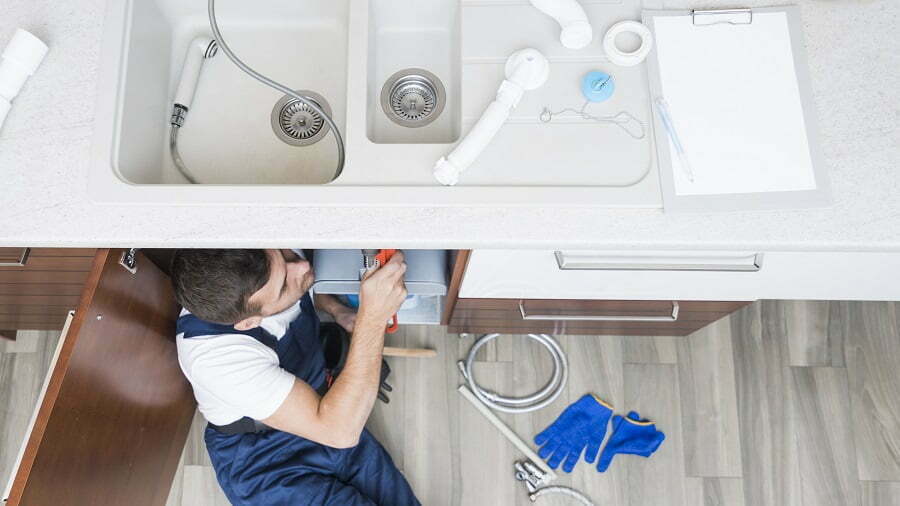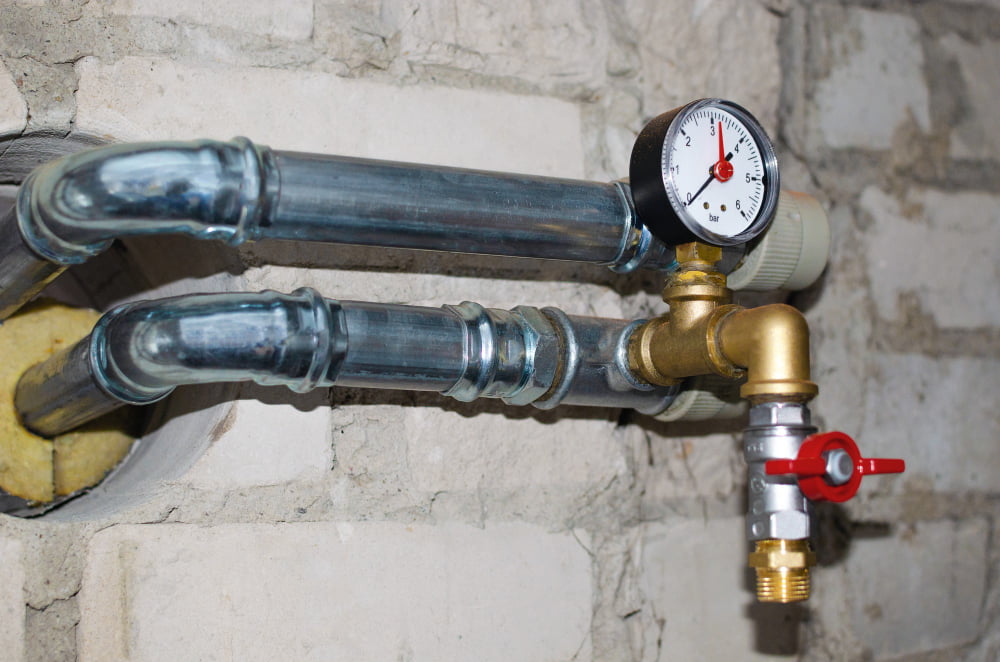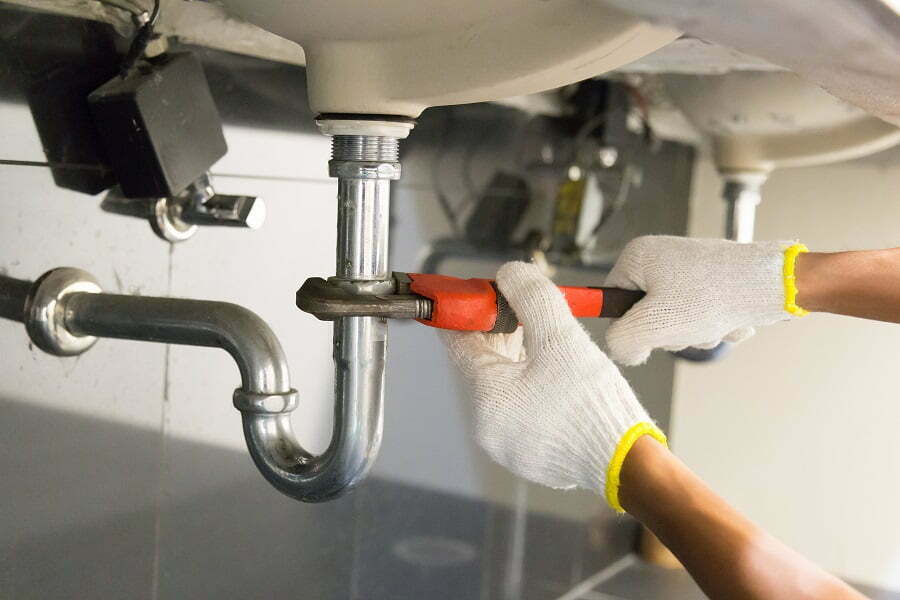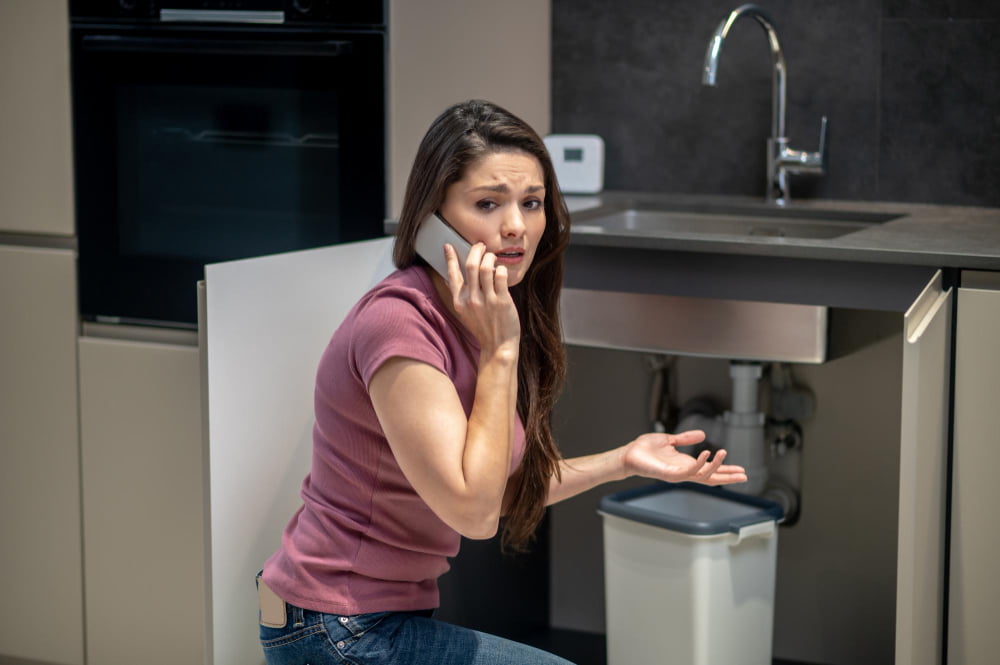Last updated on
Homeownership is gratifying but requires work. Home maintenance includes plumbing, which is crucial. Plumbing systems keep homes comfortable and avert tragedies. These six plumbing recommendations can help you maintain your pipes and avoid costly repairs and crises, whether you’re a new homeowner or a seasoned household manager.
Regular Inspections save Money in the Long Run
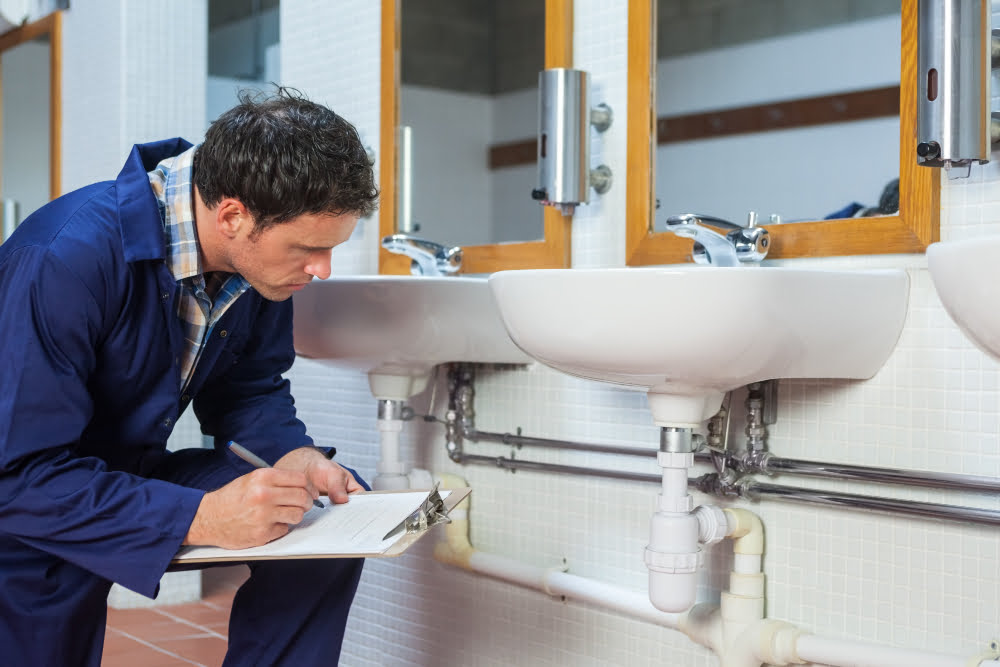
Prevention is key to plumbing management. Plumbing checks should be done regularly. Visually inspect for leaks, water stains, and strange sounds. These can be early signs of an issue that can be fixed before it becomes significant. Set up these inspections and check visible and concealed plumbing components.
Hiring plumbing experts at sveagle.com, for example, for a yearly examination if you’re not comfortable doing it yourself is a viable option. Plumbers can spot problems that others may miss. Comparatively, routine inspections cost less than expensive plumbing repairs.
Know the Location of Your Main Shut-off Valve
Locating your water main valve is crucial in a plumbing emergency. When a pipe bursts or leaks, turning off this valve can prevent major water damage. Find the water main valve near where the water line enters your home. Once you find it, check its functionality.
Turn it off and on to avoid rust or corrosion. Family members should know where to find the water main valve and how to turn it off in an emergency. Your expertise can help you respond quickly to limit damage until professional aid arrives in a crisis.
Properly Dispose of Grease and Avoid Clogs
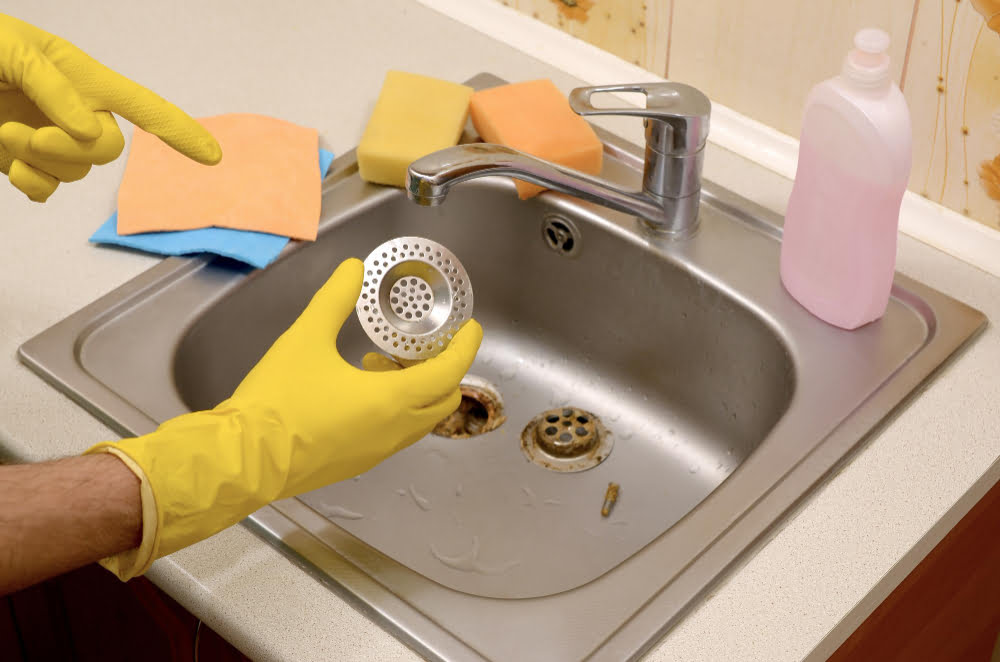
Plumbing issues including clogs, backups, and odors are typical. Be careful what goes down your drains to avoid plumbing issues. Avoid plunging grease, coffee grinds, and large food particles into the sink. Over time, these might clog pipes.
Hair and soap scum cause bathrooms and bathtubs to clog. To prevent debris from causing difficulties, use drain strainers. Schedule frequent professional drain cleanings to prevent pipe buildup. Prevention now can save you time and money on tough clogs later.
Check Water Pressure
High water pressure can cause plumbing issues despite its luxury. Strong water pressure can strain pipes, couplings, and fixtures, causing leaks and bursts. Purchase a water pressure gauge to check system pressure. The ideal water pressure is 40–60 psi.
For plumbing protection, install a pressure regulator if it frequently exceeds this range. If your water pressure fluctuates, you should monitor it regularly. Increased or decreased pressure might damage your plumbing. Actively maintaining your pipes can lengthen their lifespan and minimize costly repairs.
Insulating Pipes Prevents Freezing
Frozen pipes cause breaches and major water damage, woes for homeowners. Pipe insulation is essential in winter. Target cooler regions like basements, attics, and crawl spaces. Freezing or broken pipes can be avoided by insulating your pipes, which is easy and cheap.
Find susceptible pipes exposed to cold air. Use pipe insulation covers or wraps to protect. Since exterior pipes freeze more, be very careful. Insulating your pipes before winter can prevent burst pipes.
Learn DIY Plumbing
DIY plumbing repairs aren’t possible for every condition, but fundamental plumbing abilities are useful. To unclog a drain, mend a leaky faucet, or replace a damaged washer.
It is important to learn some basics since some members of the family might not be as mindful when flushing things like tampons and paper towels in the toilets. Managing small difficulties yourself saves money on expert services and improves response time.
Understand the tools you will need for your DIY plumbing fixture journey. Purchase a plunger, pipe wrench, pipe tape, and pipe snake. Locate fixture and appliance shut-off valves. If problems emerge, knowing the basics of your plumbing system lets you act quickly and save money.
All homeowners must be proactive and knowledgeable about their plumbing system. You may avoid major issues by doing regular inspections, recognizing your plumbing infrastructure, and following best practices.
These six essential plumbing techniques can help you keep your home’s plumbing system running smoothly. Paying attention to preventive measures will protect your property and save you from plumbing catastrophes.
Liked reading this? Here’s more:
Recap:
